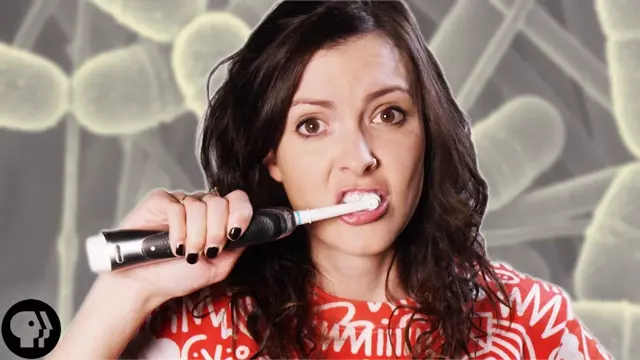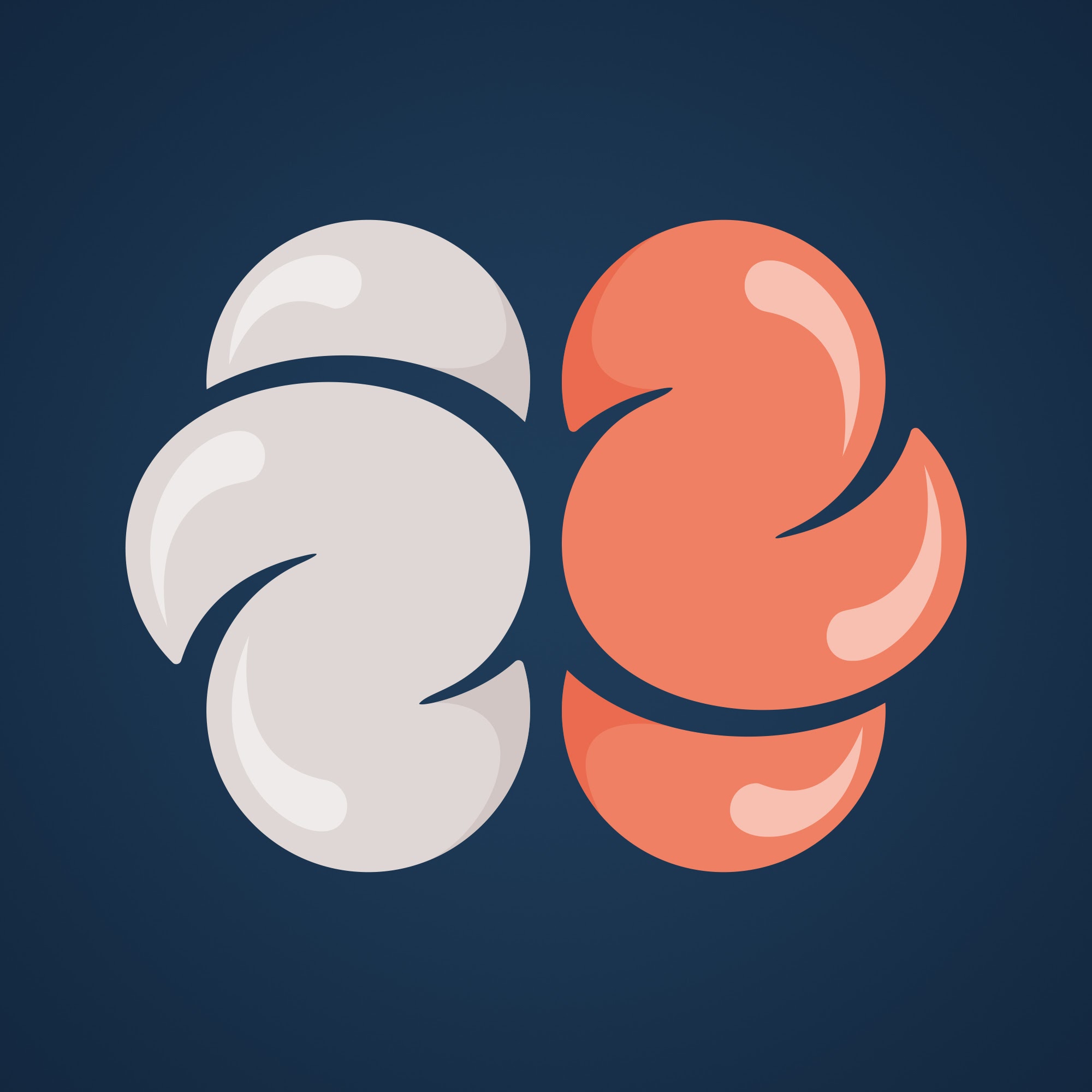2015-12-10
[public] 92.7K views, 3.96K likes, 43.0 dislikes audio only
4KMy Twitter https://twitter.com/nessyhill | Instagram https://instagram.com/nessyhill
Subscribe to BrainCraft! http://ow.ly/rt5IE
BrainCraft is created and hosted by Vanessa Hill and brought to you by PBS Digital Studios. Talking psychology, neuroscience & why we act the way we do.
Sound design: Joel Werner (http://joelwerner.com)
Keep in touch, won't you?
Snapchat: nessyhill
Twitter https://twitter.com/nessyhill
Instagram https://instagram.com/nessyhill
Tumblr http://braincraft.tumblr.com
Facebook https://www.facebook.com/Braincraft
More videos!
The amazing effects of gratitude: /youtube/video/_sokh9e2WGc
Sugar episodes:
Why Do We Love Sugar: /youtube/video/USNWXPfdc9g
Can You be Addicted to Sugar? /youtube/video/1aLCwDT-X6c
REFERENCES
Sugar makes children hyperactive:
Vreeman, R. C., & Carroll, A. E. (2008). Festive medical myths. BMJ, 337, a2769. http://www.bmj.com/content/337/bmj.a2769.long
http://www.yalescientific.org/2010/09/mythbusters-does-sugar-really-make-children-hyper/
Sugar rots your teeth:
Loesche, W. J. (1996). Microbiology of dental decay and periodontal disease.Medical microbiology, 4. http://www.ncbi.nlm.nih.gov/books/NBK8259/
The tongue map:
1901 paper: Hänig, D. P. (1901). Zur psychophysik des geschmackssinnes. Engelmann. http://vlp.mpiwg-berlin.mpg.de/library/data/lit4562/index_html?pn=1&ws=1.5
1974 paper: Collings, V. B. (1974). Human taste response as a function of locus of stimulation on the tongue and soft palate. Perception & Psychophysics,16(1), 169-174. http://download.springer.com/static/pdf/570/art%253A10.3758%252FBF03203270.pdf?originUrl=http%3A%2F%2Flink.springer.com%2Farticle%2F10.3758%2FBF03203270&token2=exp=1449733088~acl=%2Fstatic%2Fpdf%2F570%2Fart%25253A10.3758%25252FBF03203270.pdf%3ForiginUrl%3Dhttp%253A%252F%252Flink.springer.com%252Farticle%252F10.3758%252FBF03203270*~hmac=26090cbd3f9784bda04beab1b1e2255eda1e6a87e86e02f7490d461d54246048
/youtube/video/USNWXPfdc9g
http://braincraft.tv/twitter
/youtube/video/5cHNGJUcEY8?t=33
/youtube/video/5cHNGJUcEY8?t=79
/youtube/video/5cHNGJUcEY8?t=128

